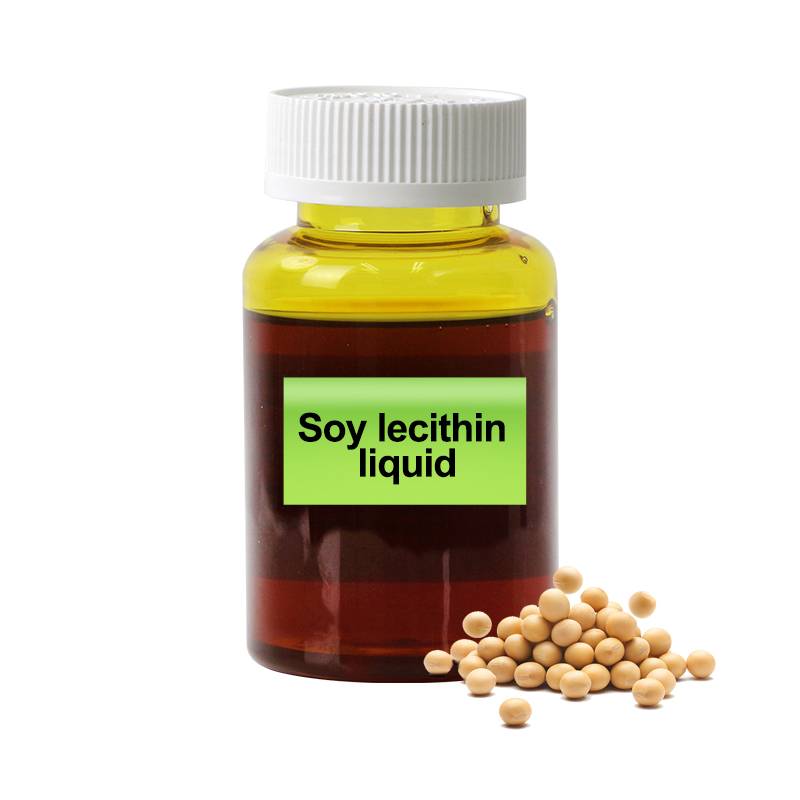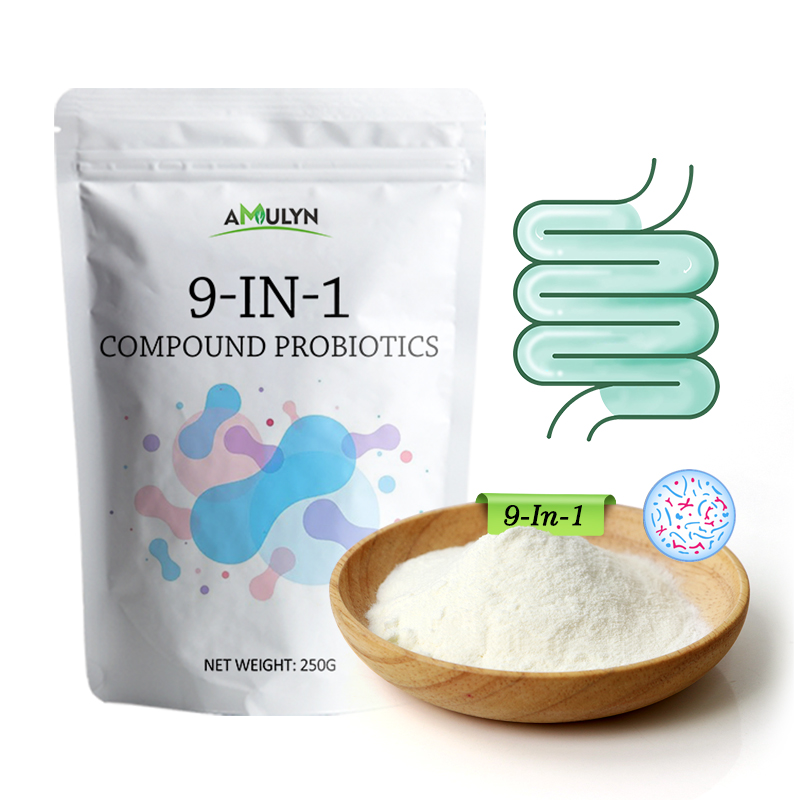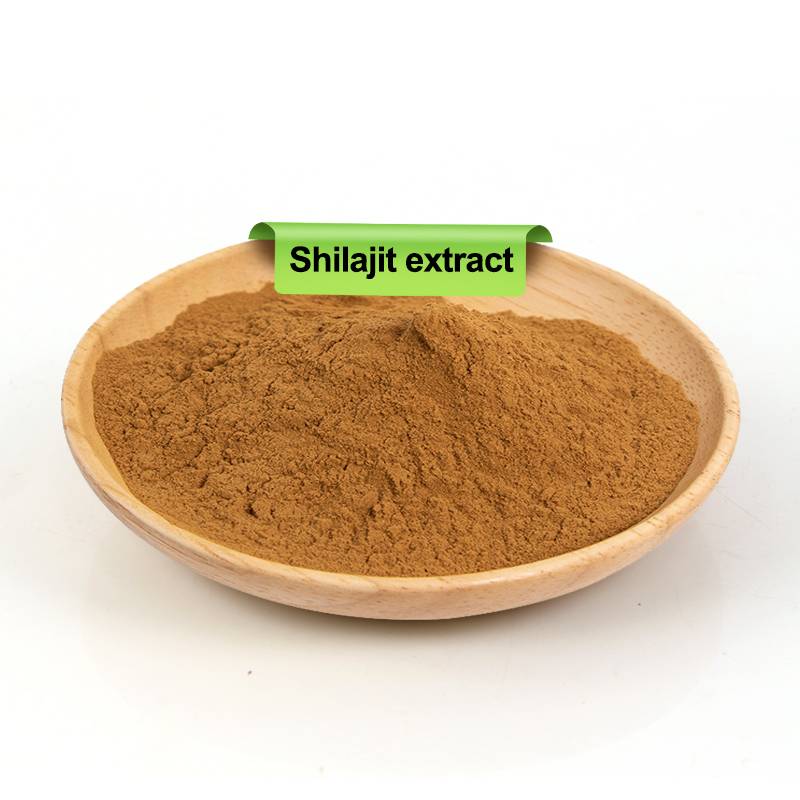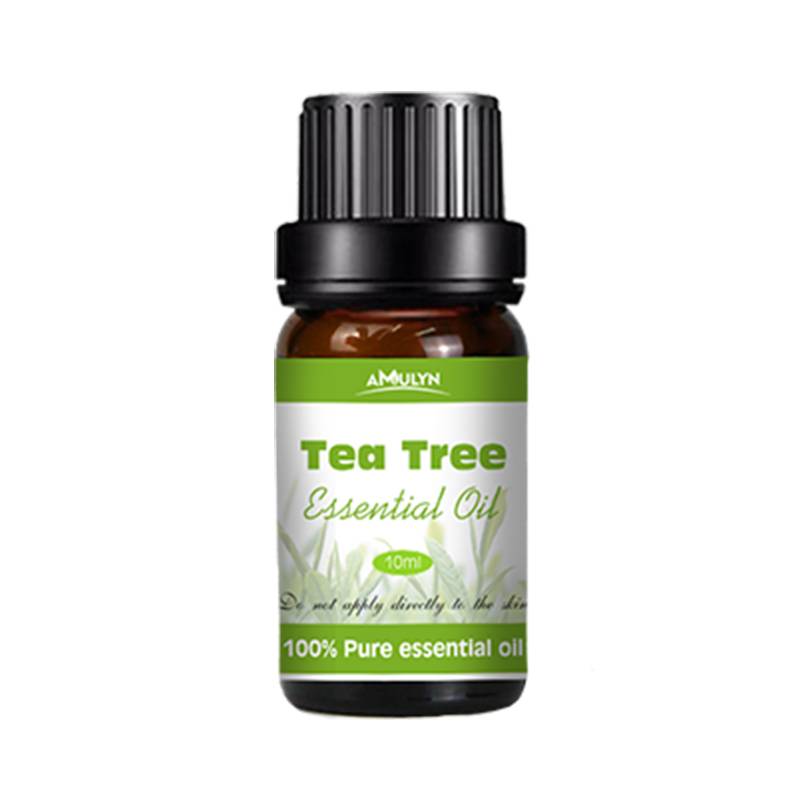Lecithin plays a crucial role in various industries, from food to cosmetics. It acts as an emulsifier, helping ingredients blend smoothly. The global lecithin market is booming, with an expected growth rate of 7.7% annually, reaching USD 1068.8 million by 2030. Among the different types, sunflower lecithin stands out. It offers unique benefits, especially for those seeking non-GMO and allergen-free options. This natural alternative not only supports heart health but also enhances cognitive function, making it a valuable addition to your daily routine.
Understanding Lecithin
What is Lecithin?
Lecithin is a natural substance found in the cells of many living organisms. It acts as an emulsifier, which means it helps blend ingredients that usually don't mix well, like oil and water. This property makes lecithin valuable in various industries, including food, cosmetics, and pharmaceuticals. You might find lecithin in products like chocolate, margarine, and even some medications.
Definition and General Properties
Lecithin consists of fatty acids, glycerol, and phosphoric acid. These components give it the ability to stabilize mixtures and improve texture. Its emulsifying properties make it essential in creating smooth and consistent products. Lecithin also plays a role in maintaining cell structure and supporting metabolic processes.
Common Sources of Lecithin
You can find lecithin in several natural sources. Commonly, it comes from soybeans, eggs, and sunflower seeds. Each source offers unique benefits and characteristics. For instance, soy lecithin is widely used due to its availability and cost-effectiveness. However, sunflower lecithin has gained popularity as a non-GMO and allergen-free alternative.
Types of Lecithin
Lecithin comes in different types, each with distinct features and uses. Understanding these types helps you choose the right one for your needs.
Soy Lecithin
Soy lecithin is one of the most common types. It is praised for its emulsifying properties and health benefits. Studies show that soy lecithin can positively affect liver health and fat metabolism. It may also help increase good HDL cholesterol and lower bad LDL cholesterol, contributing to better heart health. However, some people avoid soy lecithin due to concerns about allergens and genetically modified organisms (GMOs).
Sunflower Lecithin
Sunflower lecithin stands out as a preferred choice for those seeking a natural and allergen-free option. Unlike soy lecithin, sunflower lecithin is extracted without chemicals, making it a more eco-friendly choice. It offers similar emulsifying properties and health benefits, such as supporting liver function and enhancing nervous system health. Sunflower lecithin is rich in essential fatty acids, which can improve cognitive function and protect against liver damage. Its hypoallergenic nature makes it suitable for a wide range of applications, from food products to dietary supplements.
Extraction Methods
Soy Lecithin Extraction
Chemical Extraction Process
When you look at soy lecithin, you find that its extraction process often involves chemical solvents. Manufacturers typically use hexane, a petroleum-based solvent, to separate lecithin from soybeans. This method efficiently extracts lecithin but raises concerns about chemical residues in the final product. The reliance on chemicals makes this process less appealing to those seeking natural alternatives.
Environmental Impact
The chemical extraction of soy lecithin also impacts the environment. The use of solvents like hexane contributes to air pollution and poses risks to workers' health. Additionally, soybeans are often genetically modified, which raises further environmental and health concerns. These factors make soy lecithin less attractive to eco-conscious consumers.
Sunflower Lecithin Extraction
Mechanical Extraction Process
In contrast, sunflower lecithin undergoes a more natural extraction process. You will find that it is typically extracted through a mechanical method known as cold-pressing. This process does not involve harsh chemicals, preserving the natural integrity of the lecithin. The cold-press method ensures that sunflower lecithin retains more nutrients and offers a cleaner taste compared to its soy counterpart.
Eco-Friendly Benefits
Sunflower lecithin stands out for its eco-friendly benefits. The absence of chemical solvents in its extraction process means fewer environmental pollutants. Additionally, sunflower seeds are not genetically modified, making sunflower lecithin a preferred choice for those avoiding GMOs. By choosing sunflower lecithin, you support a more sustainable and health-conscious approach to lecithin production.
Cost-Effectiveness
Price Comparison
Market Price Trends
When you explore the market for lecithin, you'll notice that sunflower lecithin has become increasingly popular. This rise in demand has influenced its pricing trends. The growing preference for plant-based and clean-label products has driven the demand for sunflower lecithin, especially in the food and beverage industry. As more consumers seek natural and non-GMO alternatives, the market for sunflower lecithin continues to expand. This trend reflects a broader shift towards healthier and more sustainable ingredients.
Factors Affecting Cost
Several factors influence the cost of sunflower lecithin. The balance between supply and demand plays a significant role. As demand increases, producers may need to adjust their production processes to meet consumer needs. Additionally, the extraction method impacts the cost. The mechanical extraction process used for sunflower lecithin, which avoids harsh chemicals, can be more labor-intensive and may contribute to higher prices. However, this method ensures a purer and more eco-friendly product, which many consumers find valuable.
Value for Money
Cost vs. Benefits Analysis
When you consider the value of sunflower lecithin, it's essential to weigh the cost against its benefits. Sunflower lecithin offers numerous advantages that justify its price. Its versatility makes it a valuable ingredient across various industries, from food production to dietary supplements. As an emulsifier, it enhances the texture and stability of products, ensuring a high-quality end result. Moreover, its natural and hypoallergenic properties make it a preferred choice for health-conscious consumers.
The health benefits of sunflower lecithin further enhance its value. Rich in essential nutrients and antioxidants, it supports heart health and cognitive function. By investing in sunflower lecithin, you gain access to a product that not only meets your culinary and industrial needs but also contributes to your overall well-being. Embracing the power of sunflower lecithin allows you to experience its many benefits while supporting a more sustainable and health-conscious lifestyle.
Allergen Considerations
Soy Allergens
Common allergens in soy lecithin
When you explore soy lecithin, you find that it contains trace amounts of soy proteins. These proteins can trigger allergic reactions in some individuals. Although soy lecithin does not contain enough soy protein to cause reactions in most people, those with severe soy allergies might still experience symptoms. It's crucial to check food labels for lecithin sources if you have a soy allergy. This precaution helps you avoid potential allergic reactions.
Impact on consumers
Soy allergens can significantly impact consumers with sensitivities. You might experience symptoms like hives, swelling, or digestive issues if you're allergic to soy. These reactions can affect your quality of life and limit your dietary choices. For individuals with soy allergies, finding alternatives becomes essential. The presence of soy allergens in lecithin can also influence purchasing decisions, as consumers seek safer options for their health.
Allergen-Free Sunflower Lecithin
Benefits for allergy sufferers
Sunflower lecithin offers a hypoallergenic alternative for those with soy allergies. Unlike soy lecithin, sunflower lecithin does not contain allergenic proteins. This makes it a safer choice for individuals with food sensitivities. By choosing sunflower lecithin, you can enjoy the benefits of lecithin without the risk of allergic reactions. Its allergen-free nature provides peace of mind and expands your dietary options.
Growing popularity
The popularity of sunflower lecithin continues to grow, especially among health-conscious consumers. Its non-GMO status and allergen-free properties make it a preferred choice over soy lecithin. You will often find sunflower lecithin highlighted on food labels, emphasizing its clean-label appeal. As more people seek natural and safe ingredients, sunflower lecithin's demand rises. This trend reflects a broader shift towards healthier and more inclusive dietary options.
Health Benefits
Nutritional Profile
Key nutrients in sunflower lecithin
Sunflower lecithin is a powerhouse of essential nutrients. It contains phospholipids, which are vital for maintaining cell structure and function. These phospholipids include phosphatidylcholine, phosphatidylethanolamine, and phosphatidylinositol. Each plays a crucial role in supporting cellular health. Additionally, sunflower lecithin is rich in choline, a nutrient that supports brain health and liver function. The presence of vitamin E, known for its antioxidant properties, helps protect your cells from damage.
Comparison with soy lecithin
When comparing sunflower lecithin to soy lecithin, you notice some distinct differences. Sunflower lecithin offers a non-GMO and allergen-free alternative, making it suitable for those with dietary restrictions. While both types provide similar emulsifying properties, sunflower lecithin stands out for its eco-friendly extraction process. It retains more nutrients due to the absence of chemical solvents. This makes sunflower lecithin a cleaner and more natural choice for health-conscious individuals.
Health Advantages
Cognitive benefits
Sunflower lecithin can significantly enhance cognitive functions. Regular intake may improve memory and reduce the risk of cognitive decline associated with aging. The high choline content in sunflower lecithin supports neurotransmitter production, which is essential for brain health. By incorporating sunflower lecithin into your diet, you can support brain function and potentially enhance mental clarity.
Heart health support
Supporting heart health is another remarkable benefit of sunflower lecithin. The phospholipids in lecithin help manage cholesterol levels by increasing HDL (good) cholesterol while reducing LDL (bad) cholesterol. This balance is crucial for preventing atherosclerosis, a condition that can lead to heart disease. By choosing sunflower lecithin, you contribute to a healthier cardiovascular system and promote overall well-being.
Sunflower lecithin offers a wide range of health benefits, from supporting cognitive function to promoting heart health. Its rich nutritional profile and hypoallergenic nature make it a valuable addition to your diet. Embrace the power of sunflower lecithin to enhance your health and well-being.
Practical Applications
Culinary Uses
Emulsification in Cooking
You will find sunflower lecithin invaluable in the kitchen due to its exceptional emulsifying properties. It helps blend ingredients that typically separate, such as oil and water. This makes it a staple in recipes requiring smooth textures, like sauces and dressings. By using sunflower lecithin, you can achieve a consistent and appealing texture in your culinary creations. Its natural origin and clean-label status make it a preferred choice for chefs who prioritize quality and health-conscious ingredients.
Popular Recipes
Incorporating sunflower lecithin into your cooking opens up a world of possibilities. You can use it in chocolate-making to ensure a silky finish or in baked goods to improve moisture retention and texture. It also works well in vegan recipes, where it acts as a binding agent. Try adding sunflower lecithin to your homemade salad dressings or mayonnaise for a creamy consistency. Its versatility makes it a valuable addition to any kitchen, enhancing both flavor and texture.
Industrial Uses
Role in Food Production
In the food industry, sunflower lecithin plays a crucial role as an emulsifier and stabilizer. It enhances the texture and shelf life of products like chocolate, margarine, and baked goods. By using sunflower lecithin, manufacturers can create products with improved consistency and stability. Its natural and allergen-free properties make it an attractive option for producers aiming to meet consumer demand for clean-label and plant-based products. Sunflower lecithin's ability to maintain product quality over time makes it a key ingredient in food production.
Non-Food Applications
Beyond the kitchen, sunflower lecithin finds applications in various non-food industries. In cosmetics, it acts as a moisturizer and emulsifier, helping to blend ingredients in lotions and creams. Its natural origin and hypoallergenic nature make it suitable for sensitive skin products. In pharmaceuticals, sunflower lecithin serves as a carrier for active ingredients, enhancing their absorption. Its versatility extends to industrial applications, where it functions as a softener and blending agent. By choosing sunflower lecithin, industries benefit from a natural and effective solution for diverse applications.
Potential Side Effects
Common Side Effects
Digestive Issues
When you incorporate sunflower lecithin into your diet, you might experience some digestive issues. These can include mild symptoms like bloating, diarrhea, or stomach discomfort. Such reactions are generally rare and often occur when you consume lecithin in large amounts. According to a study published in Digestive Diseases, sunflower lecithin may have a therapeutic effect on digestive health, especially for those with conditions like ulcerative colitis. The phospholipids in lecithin help form a protective barrier in the intestines, potentially reducing inflammation and promoting gut health.
Recommended Dosages
To minimize the risk of side effects, it's crucial to adhere to recommended dosages. Typically, you should start with a small amount and gradually increase it as your body adjusts. Most dietary supplements suggest a daily intake of 1 to 2 tablespoons of sunflower lecithin. However, individual needs may vary, so it's wise to consult with a healthcare provider to determine the appropriate dosage for your specific health goals.
Safety Considerations
Long-term Use Implications
Long-term use of sunflower lecithin appears to be safe for most people. The phospholipids in lecithin support liver health by aiding in fat metabolism and reducing fat accumulation. This can be particularly beneficial for individuals with fatty liver disease. However, it's essential to monitor your body's response over time. If you notice any adverse effects, consider adjusting your intake or seeking medical advice.
Consultation with Healthcare Providers
Before adding sunflower lecithin to your routine, consulting with a healthcare provider is a prudent step. They can provide personalized guidance based on your health history and current medications. This is especially important if you have pre-existing conditions or are pregnant or breastfeeding. A healthcare professional can help you weigh the benefits against any potential risks, ensuring that sunflower lecithin is a safe and effective addition to your health regimen.
Sunflower lecithin offers you a unique blend of benefits that set it apart from other lecithin types. Its natural emulsifying properties enhance digestion by breaking down fats, leading to improved nutrient absorption and gastrointestinal health. You can enjoy its hypoallergenic nature, making it a safe choice for those with soy allergies. Sunflower lecithin supports heart health and cognitive function, providing essential nutrients like choline and vitamin E. Consider incorporating sunflower lecithin into your diet for these advantages. For further insights, explore resources on its diverse applications and health benefits.
 Koicha Ceremonial Grade Matcha Powder
Koicha Ceremonial Grade Matcha Powder Organic Ceremonial Grade Matcha Powder
Organic Ceremonial Grade Matcha Powder Premium Beverage Grade Matcha Powder
Premium Beverage Grade Matcha Powder Everyday Culinary Grade Matcha Powder
Everyday Culinary Grade Matcha Powder Organic Instant Pure Matcha
Organic Instant Pure Matcha Soy Lecithin Powder
Soy Lecithin Powder Sunflower Lecithin Powder
Sunflower Lecithin Powder Soy Lecithin Granules
Soy Lecithin Granules Phosphatidylcholine
Phosphatidylcholine  Phosphatidylserine
Phosphatidylserine Soy Lecithin Liquid
Soy Lecithin Liquid Reishi Mushroom Powder
Reishi Mushroom Powder Lion's Mane Mushroom Powder
Lion's Mane Mushroom Powder Cordyceps Sinensis Powder
Cordyceps Sinensis Powder Chaga Mushroom Powder
Chaga Mushroom Powder Shiitake Mushroom Powder
Shiitake Mushroom Powder Cordyceps Militaris Powder
Cordyceps Militaris Powder



























































